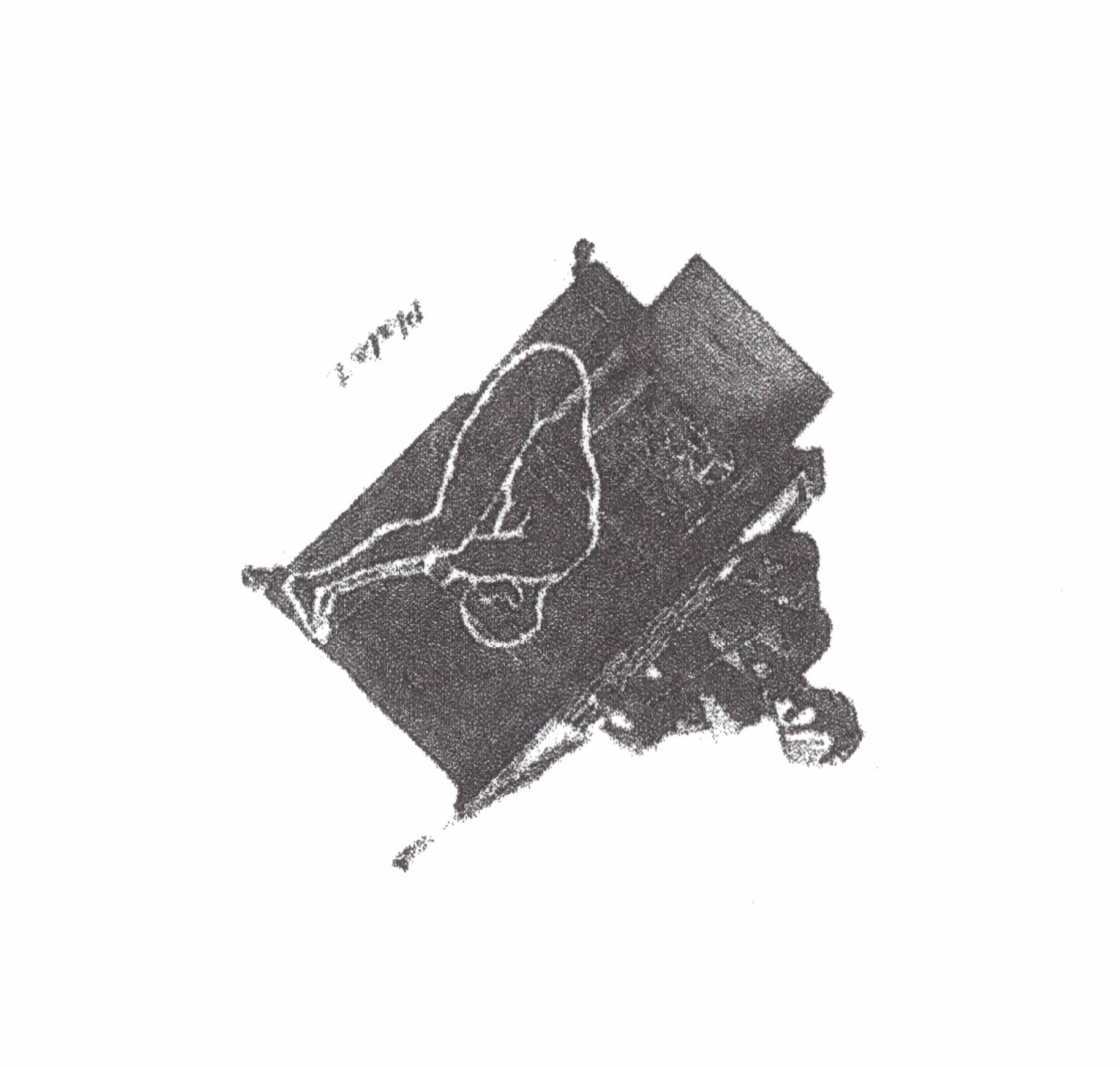

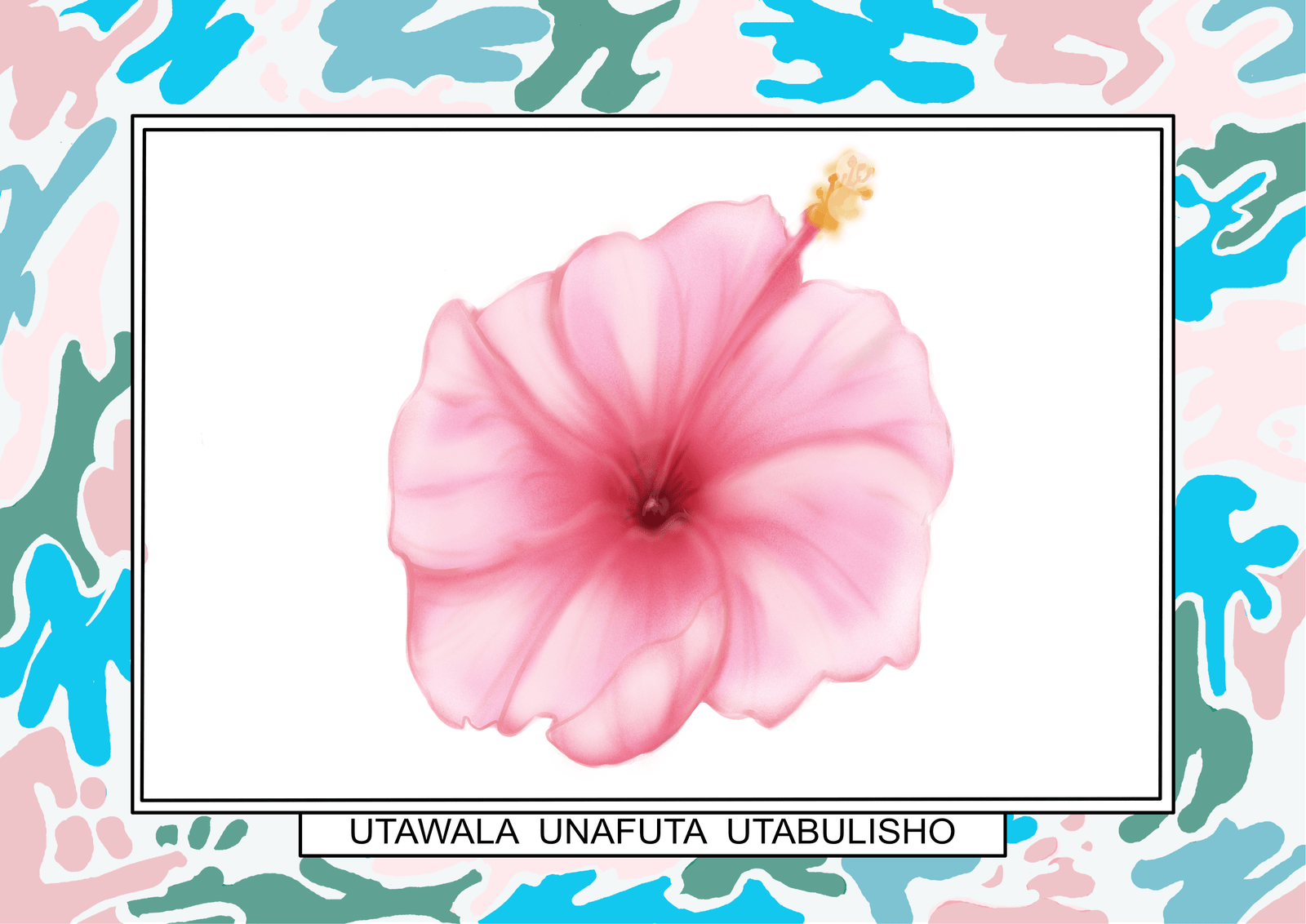
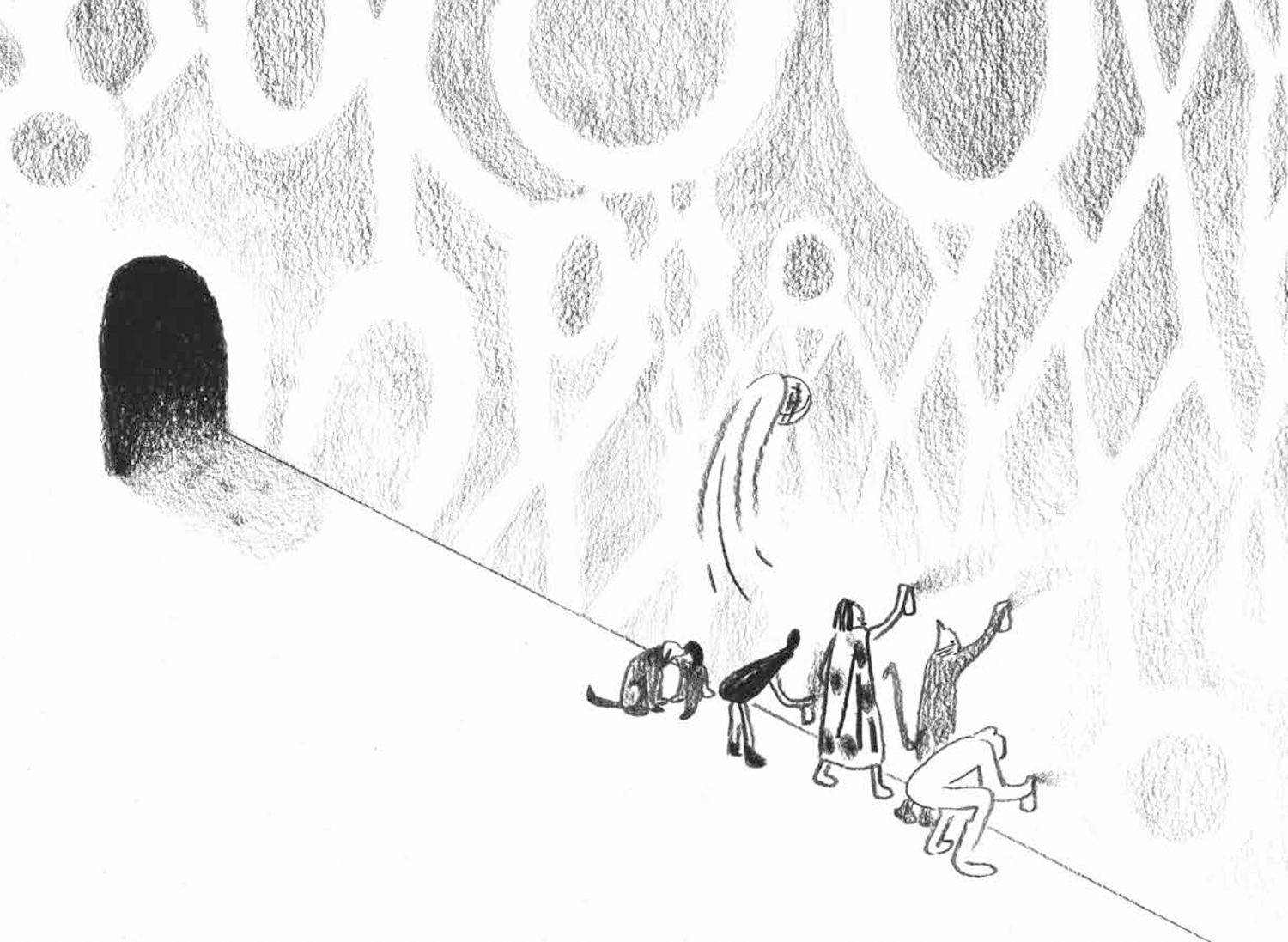
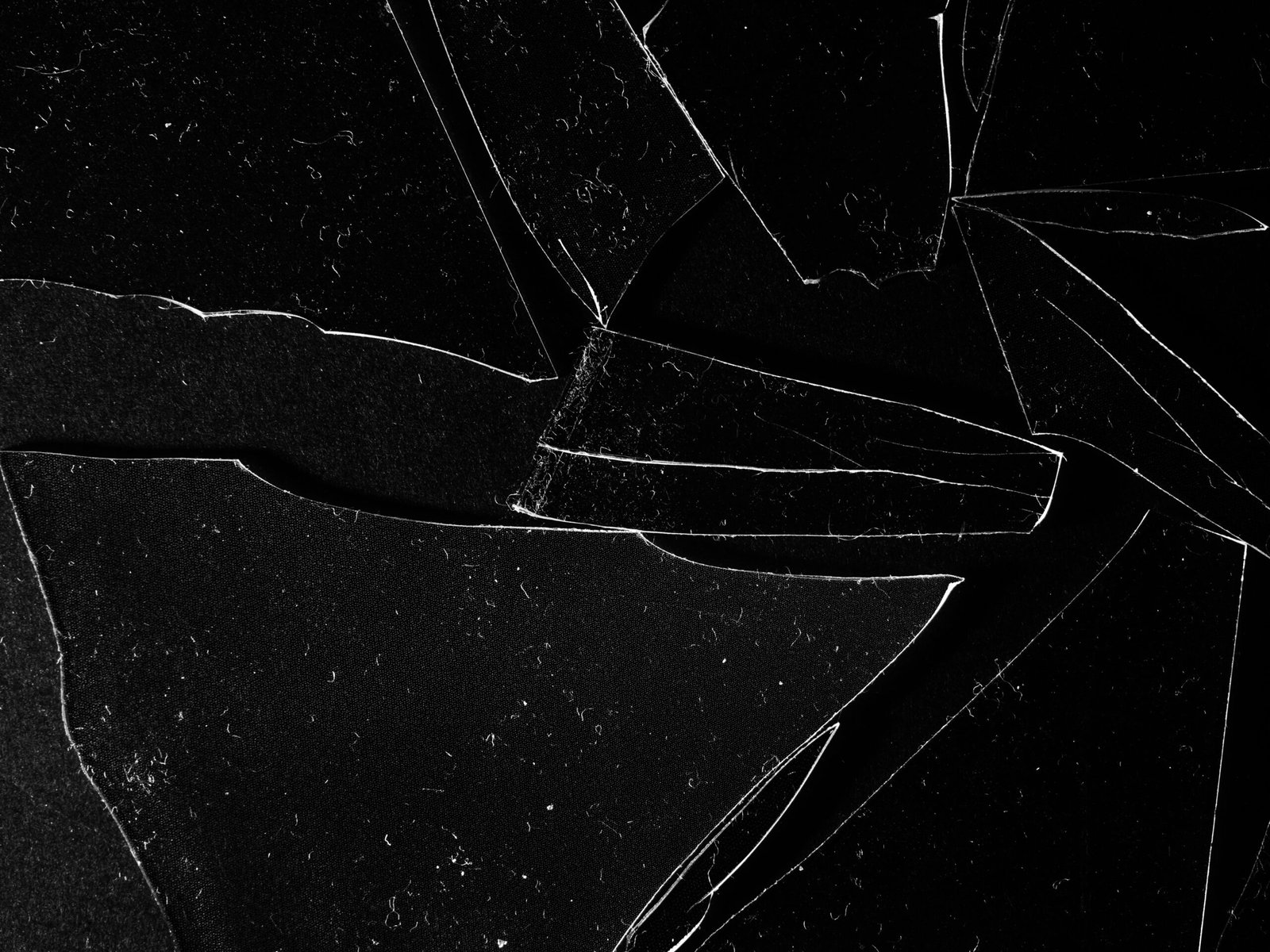
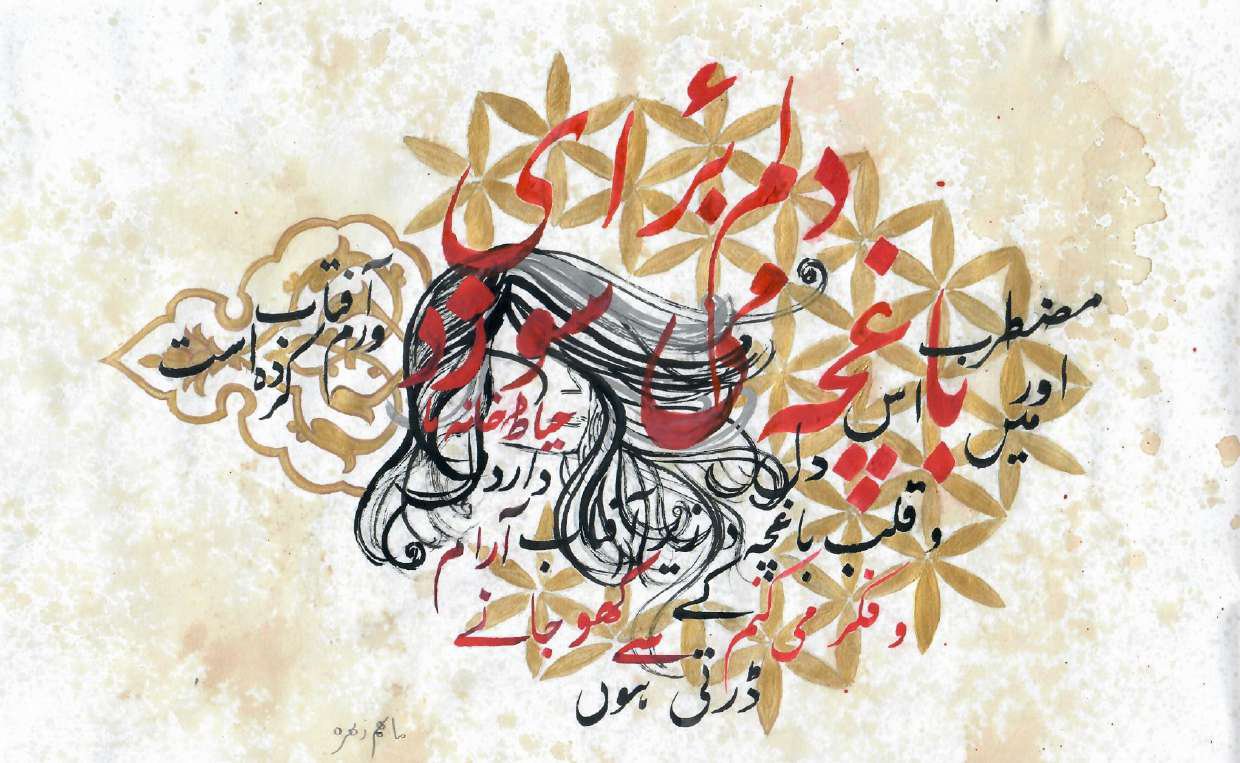
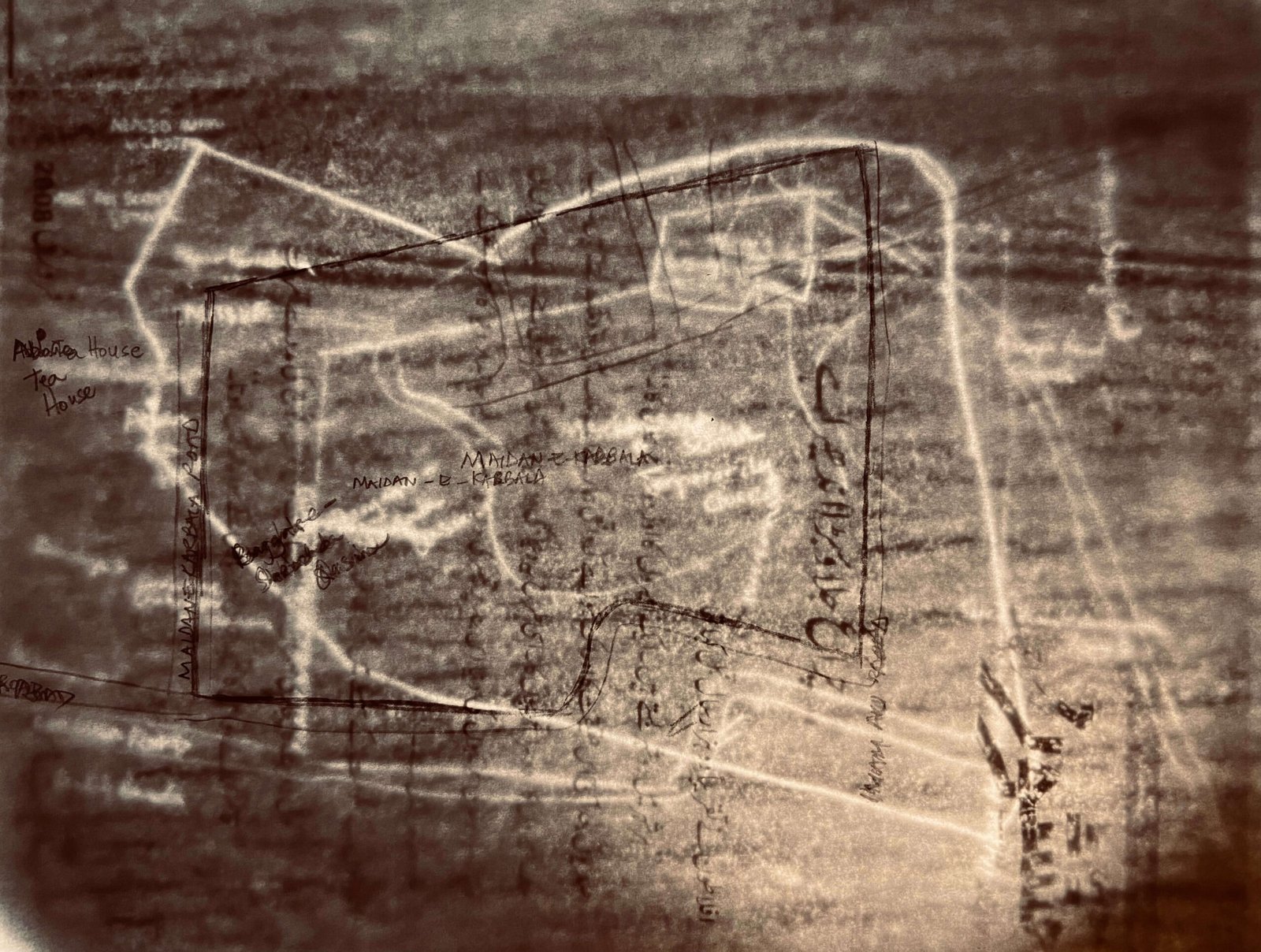

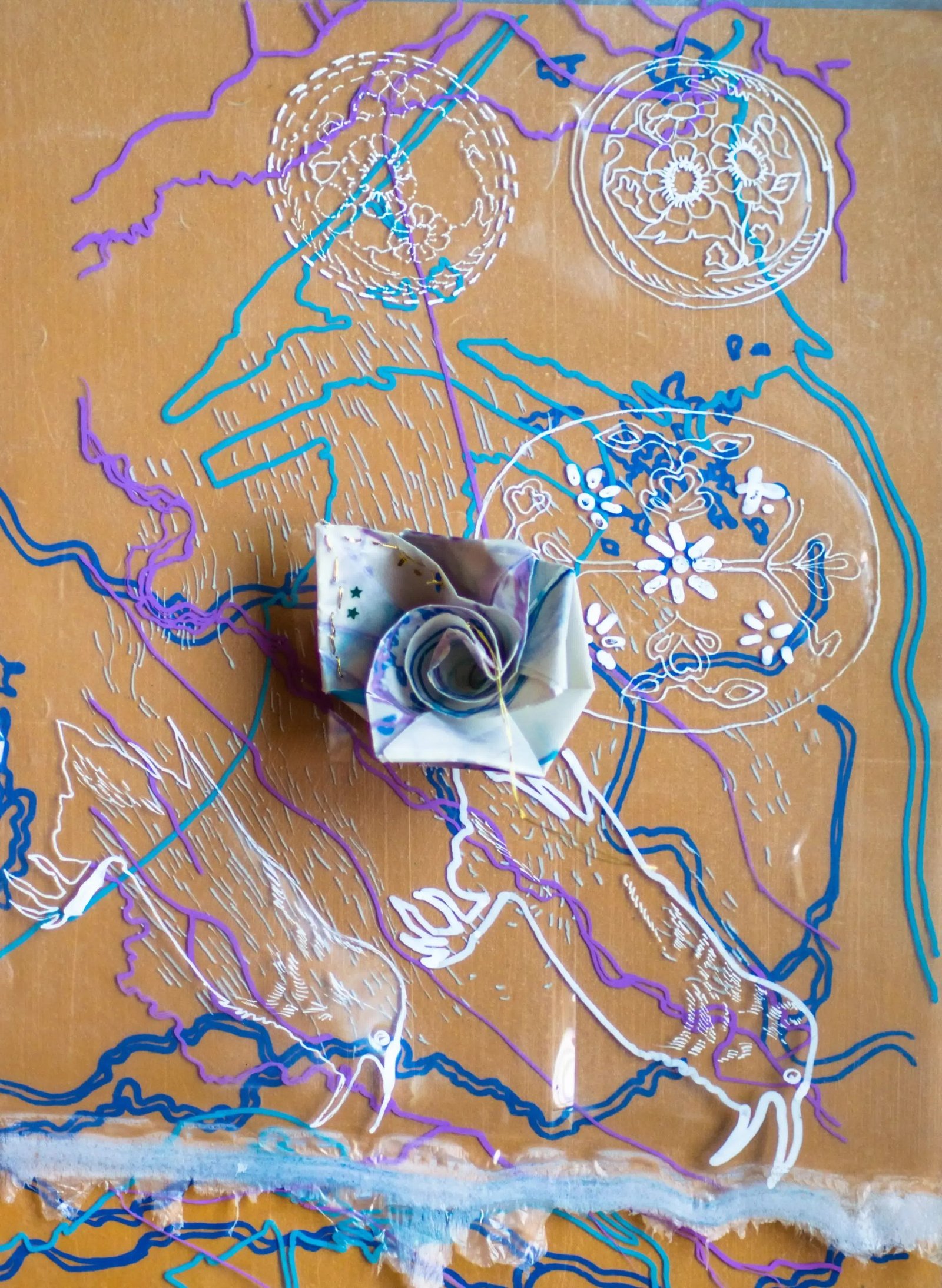
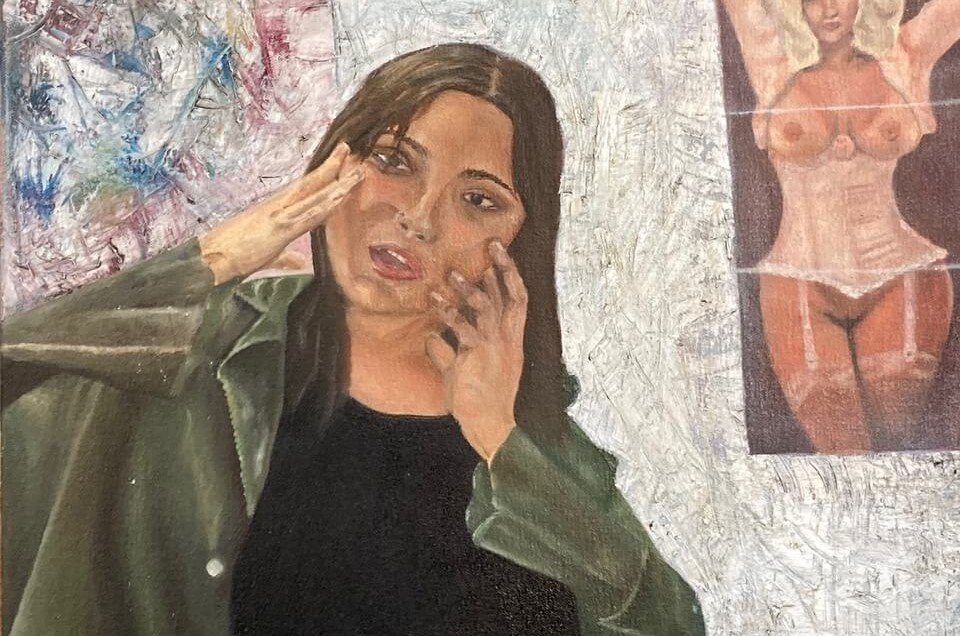

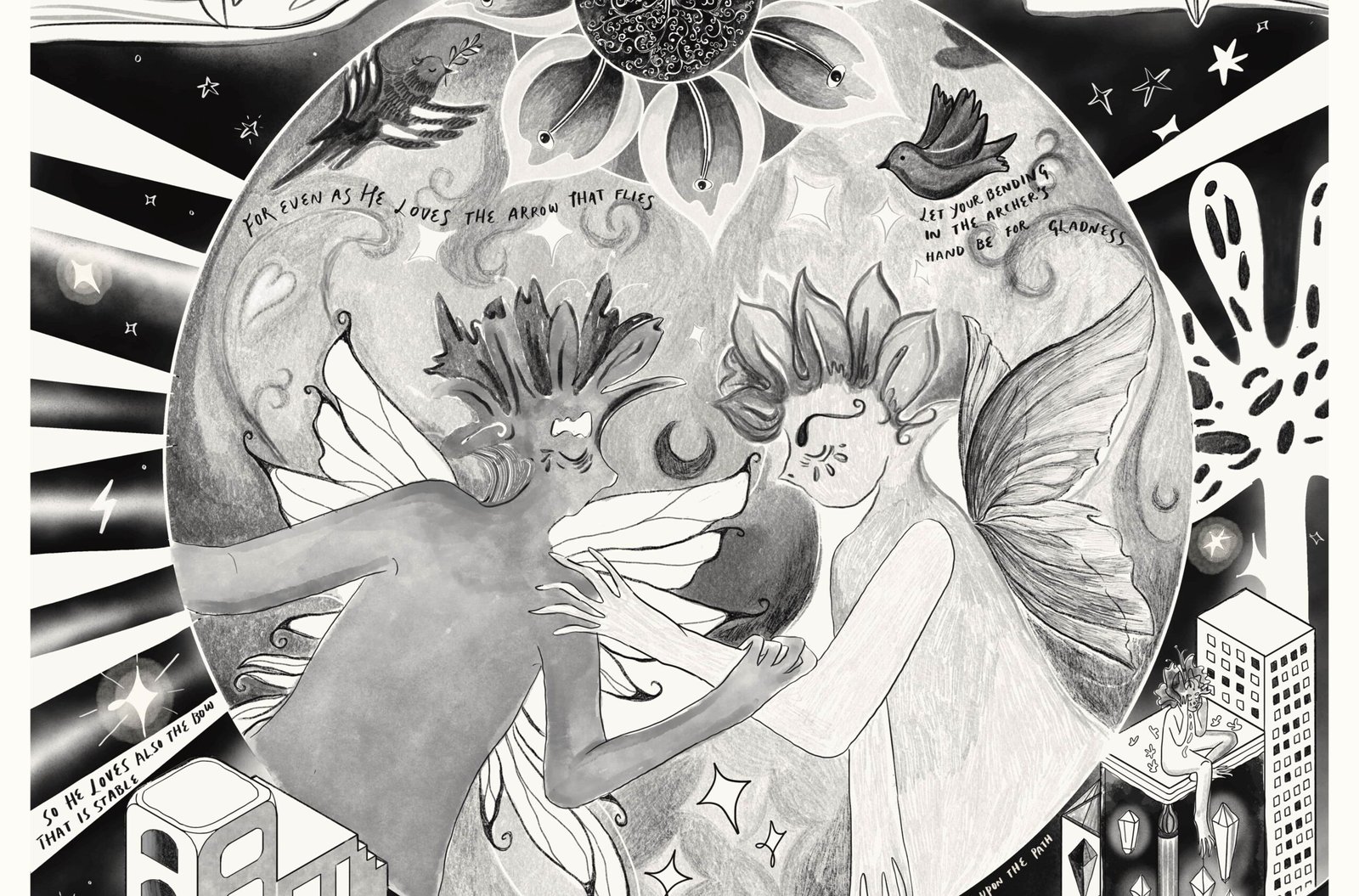
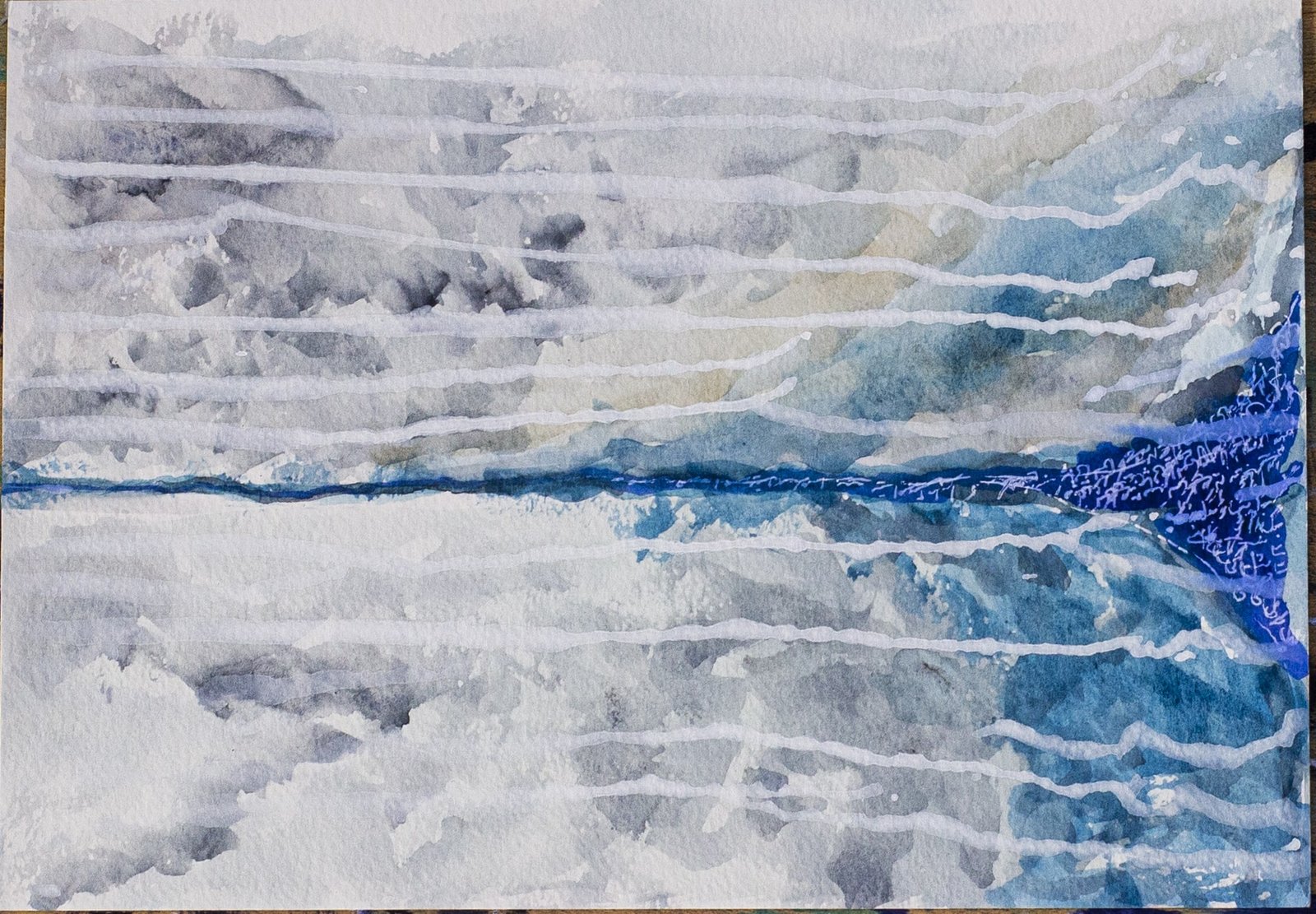
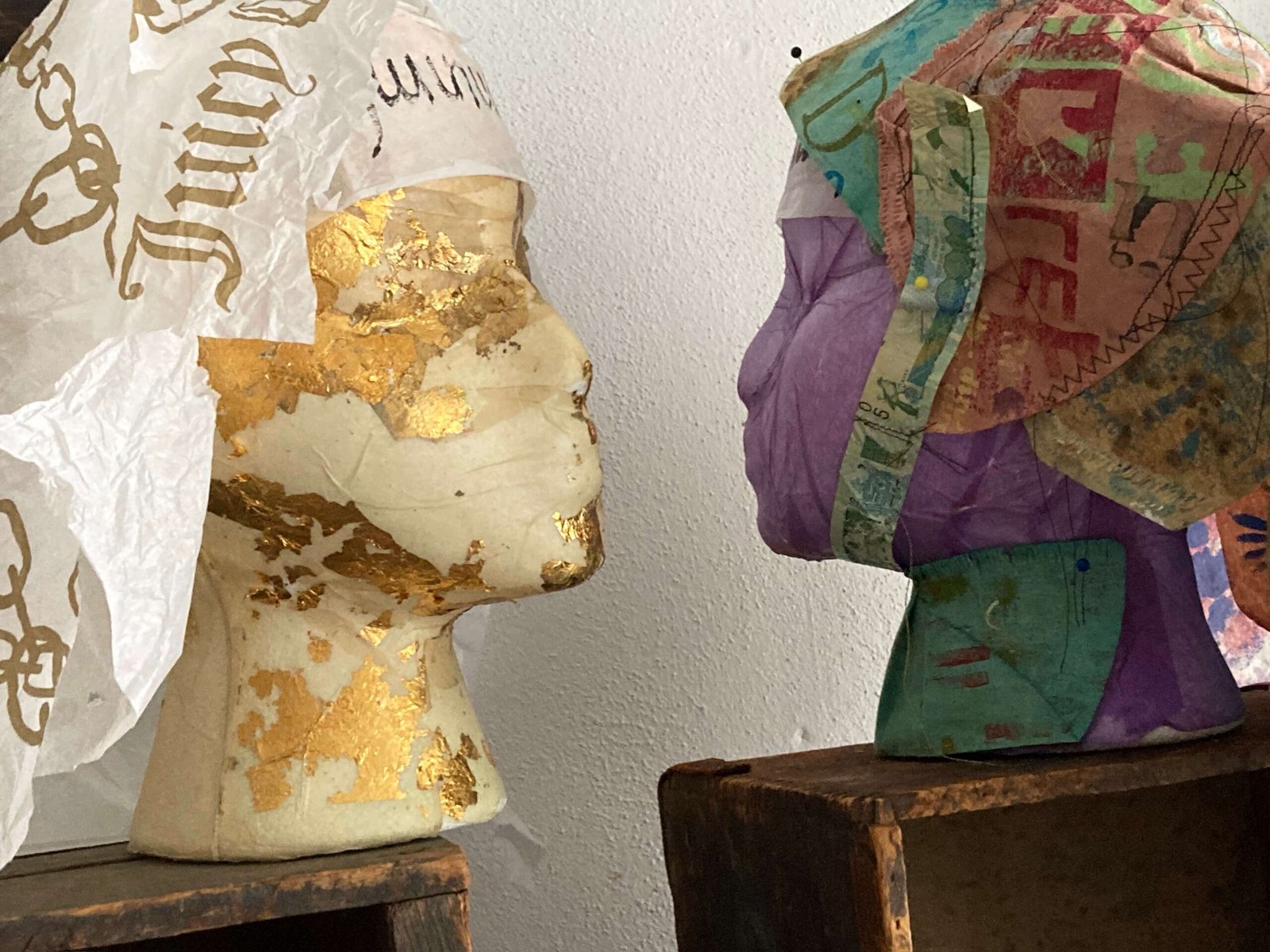
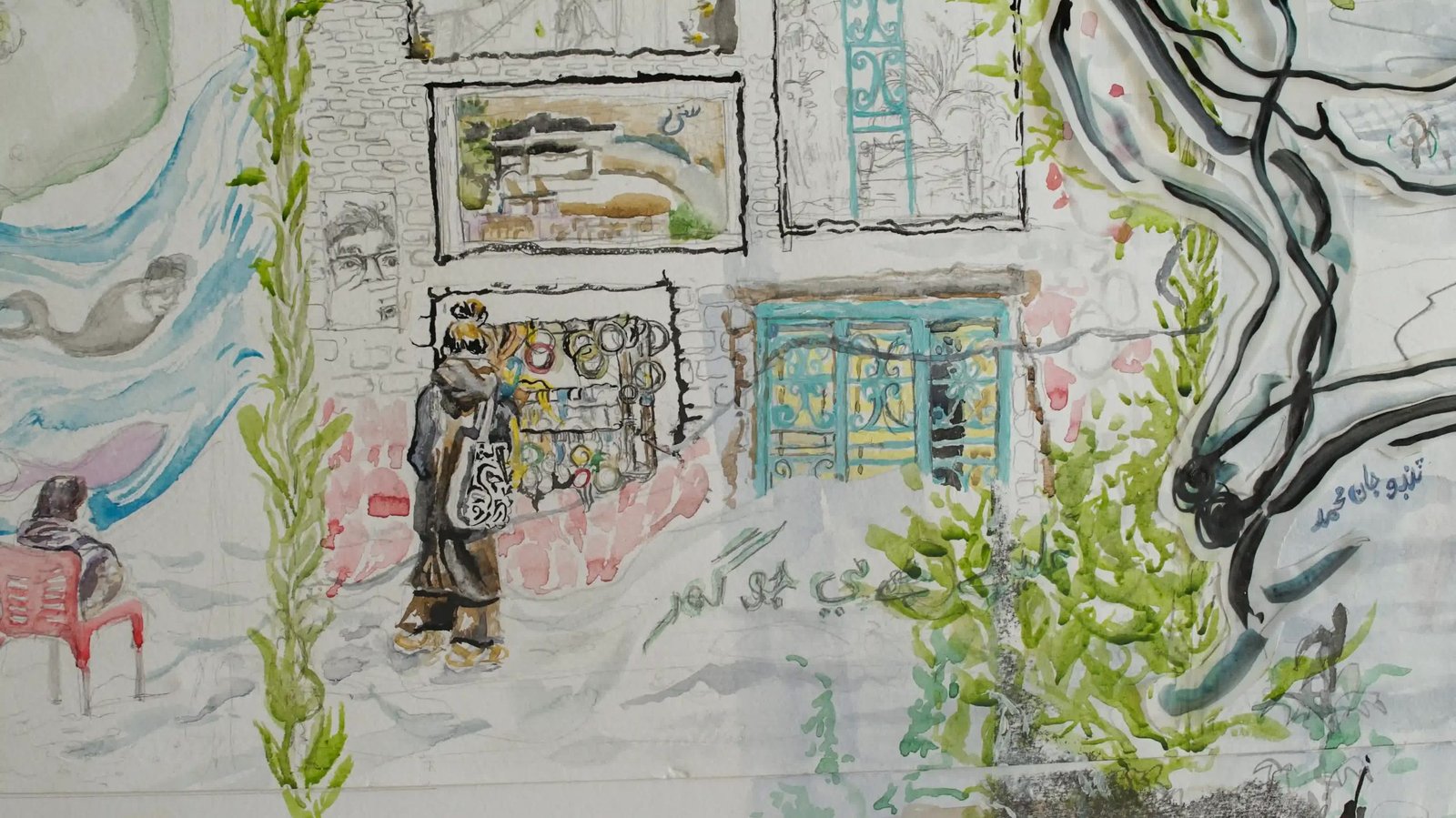

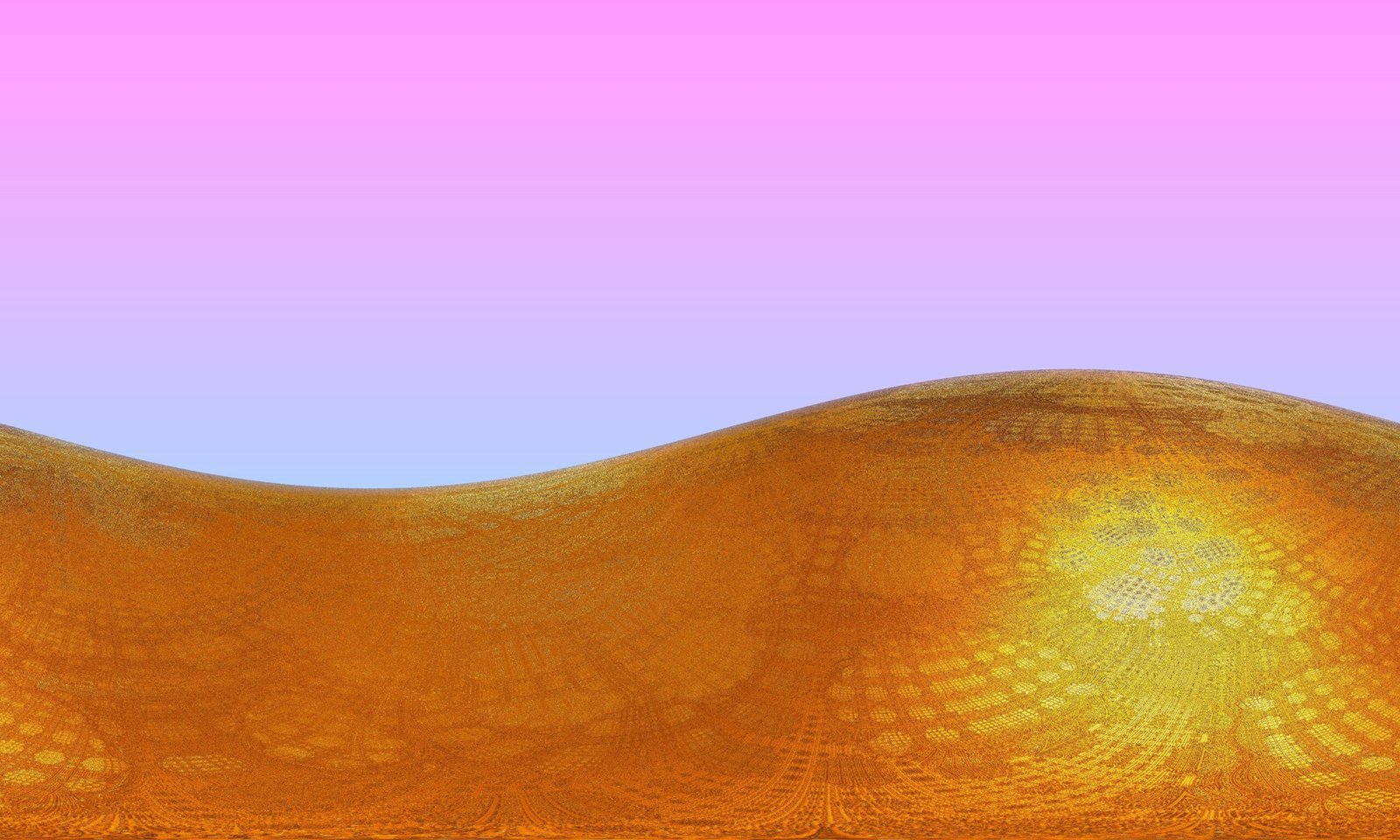
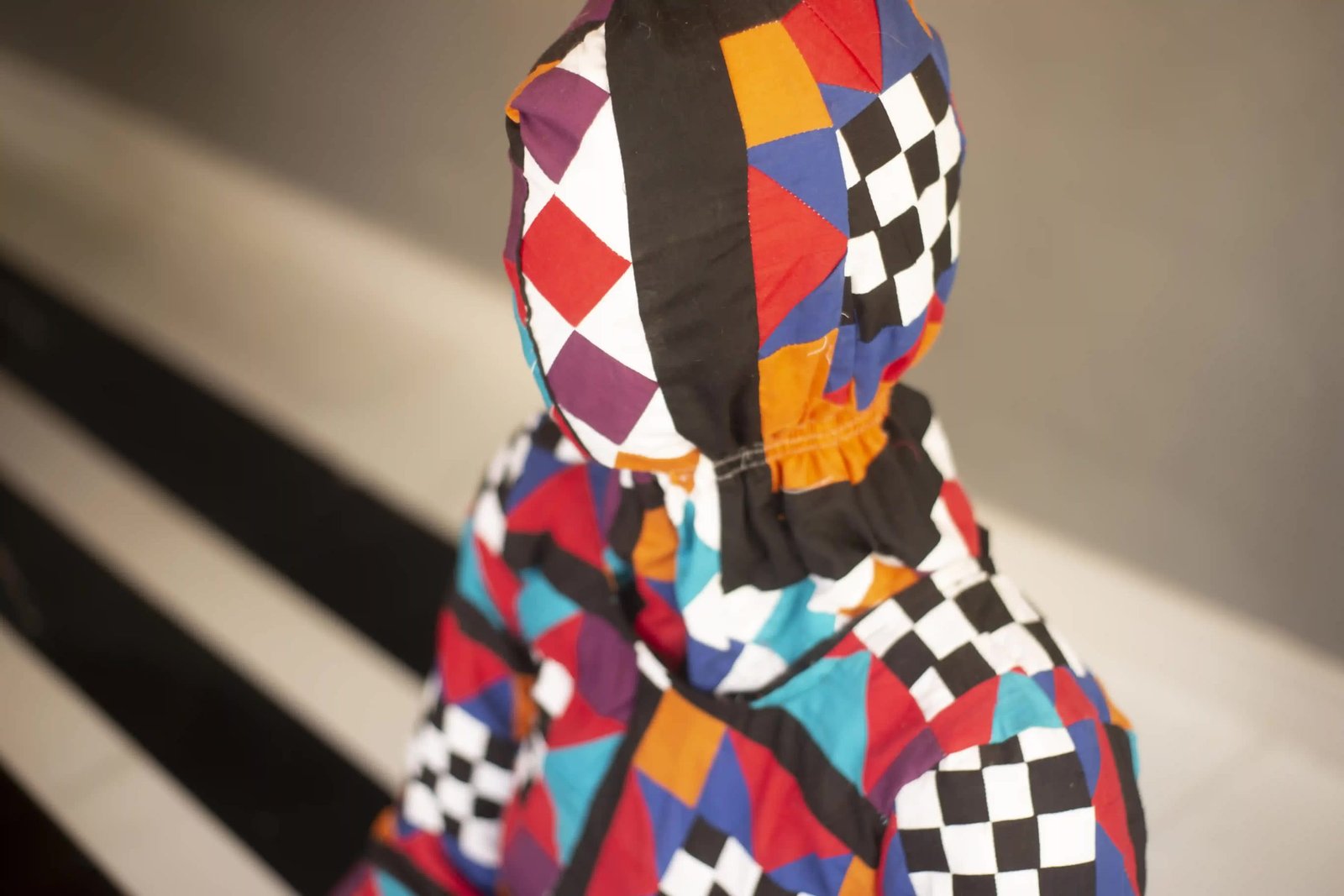
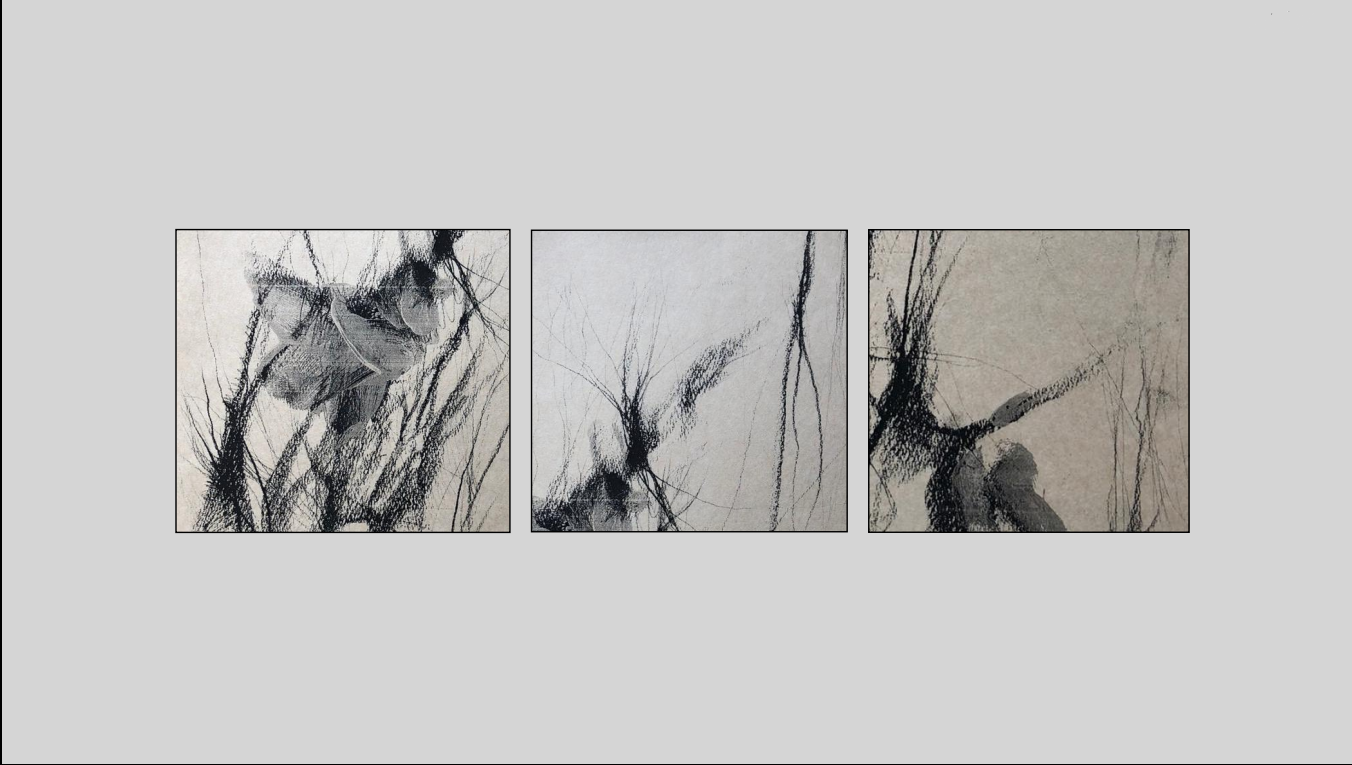
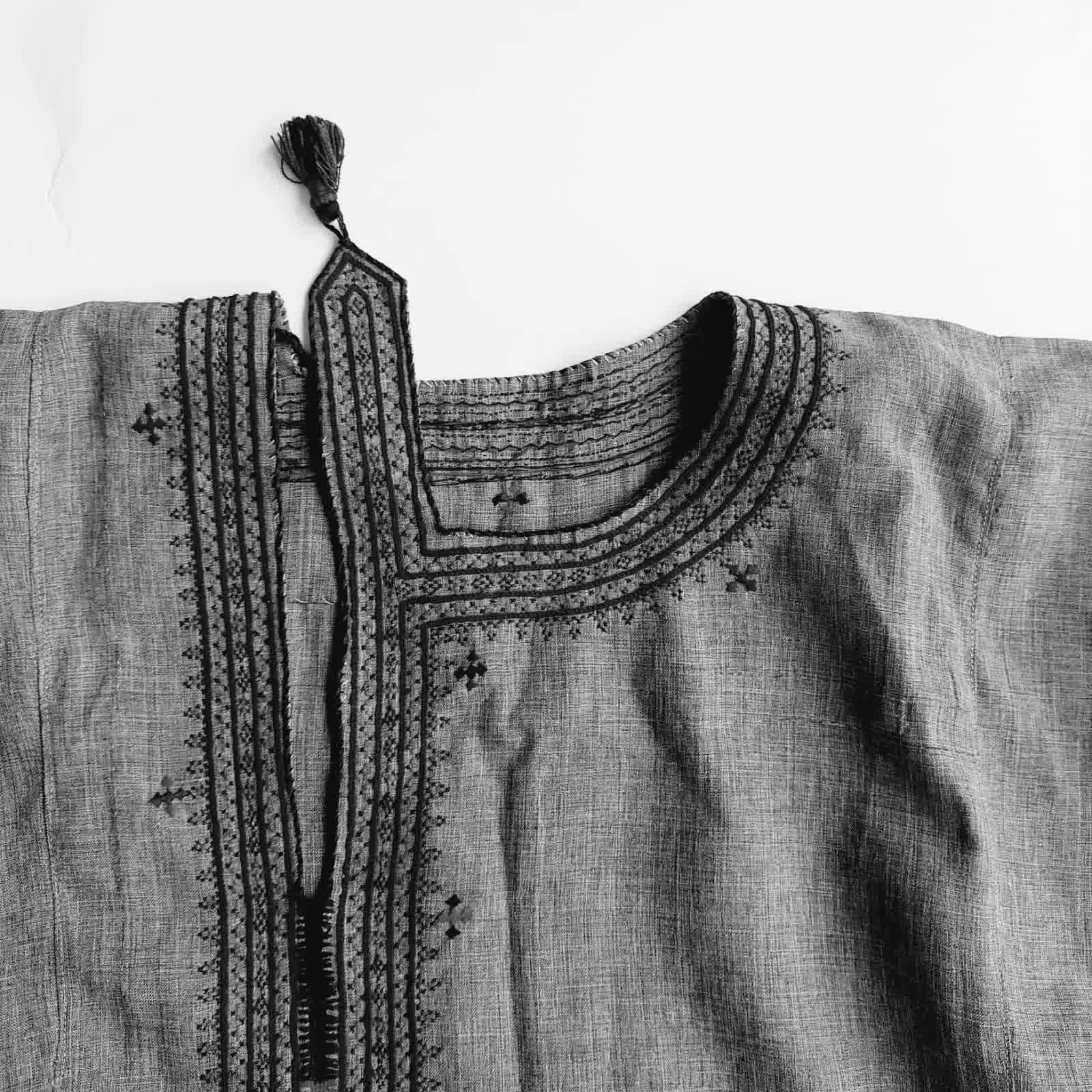

The project brings together over twenty artists from across the global south – understood as a relation and not a geopolitical locus – to actually practise such a relation as something other than the “process” of value production, taking on with relish and a sense of possibility, the unresolved relation between nostos and polis, and not seeking to settle it. Together, we attempt a collaborative archive of “shared knowledge” – by way of maps, phenomenologies, autoethnographies – in motion, composing, assembling, and manifesting ways of reading, being, seeing, sensing, and allow “minor” itineraries of political struggle to become evident, especially where the destinations have been lost or not reached, or appropriated, or looked different than they were expected to. The deterritorial yet located nature of this “mapping,” and the difficulties therein, are not lost on us. Still, we rely on these difficulties to keep alive those epistemic struggles which promise new subjects and institutions and a future beyond capital and colony, especially when many of us feel policed by humanitarian, democratizing, or liberatory projects that also replicate orientalism, Eurocentrism, and US exceptionalism, with their purveyors refusing to learn any new lessons.

Anticolonial Maps for Lost Lovers proceeds from the perspective, location, and time of “the unrequited” in articulating a politics of “another love” (Abbas, 2018), where political desire and its pursuits might be able to be thought otherwise. What might those “shared knowledges” look like, in which Edouard Glissant (1990) finds our redemption on the open boat — not as exceptions, but as people, as those whom Cèline Chuang calls “diasporic descendents of the displaced” (2021). Eschewing platitudes that plague contemporary salvationist discourses on the left and the right – both betrothed to unexamined epistemontologies of the wheres of our lifeworlds – this project explores mix of narrative, art, pedagogy, and theory that enacts an ongoing and capacious historical materialist method for a political understanding of location, space, and attachment, that could unlock forms of presence, connection, appearance, motion, and relation to the objects of our desire and commitment that allow the production of knowledge and political action to be something other than acts of occupation, conquest, colonisation.
A curated summer 2022 residency, Jehānuma organized by GCAS-Jehān and Hic Rosa, with the support of the Bard Centre for Human Rights and the Arts, Bard College at Simon’s Rock, and Indus Valley School of Art and Architecture, laid the groundwork for the production of a digital archive of the process and the artworks alike, as one offering – a Chapter I, if you will – of “shared knowledges.” A launch of this archive, and a series of engagements with it, including physical exhibits where possible, and mini-symposia and panels, through Spring and Summer 2023 to invite this cooperative archive to grow.




















